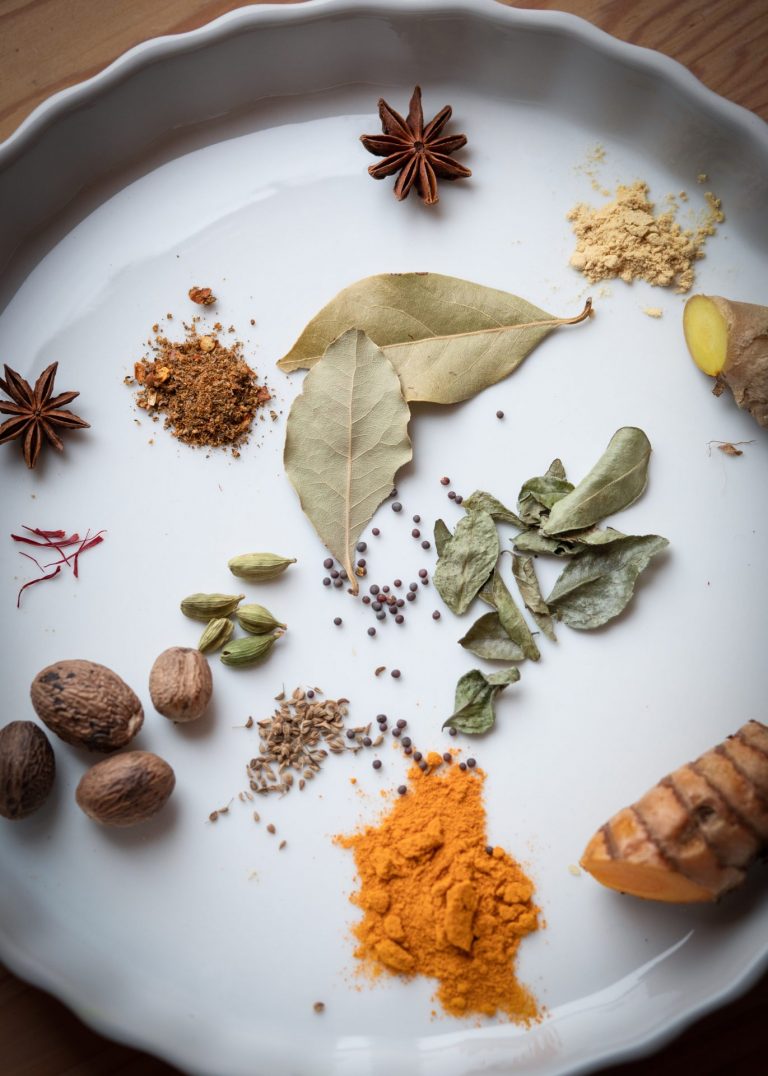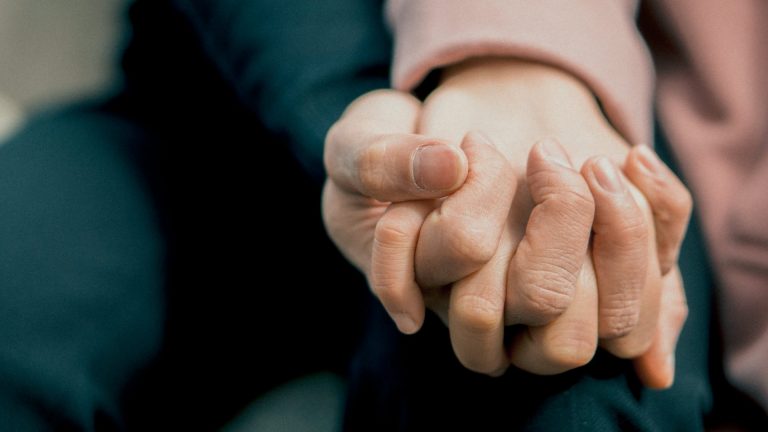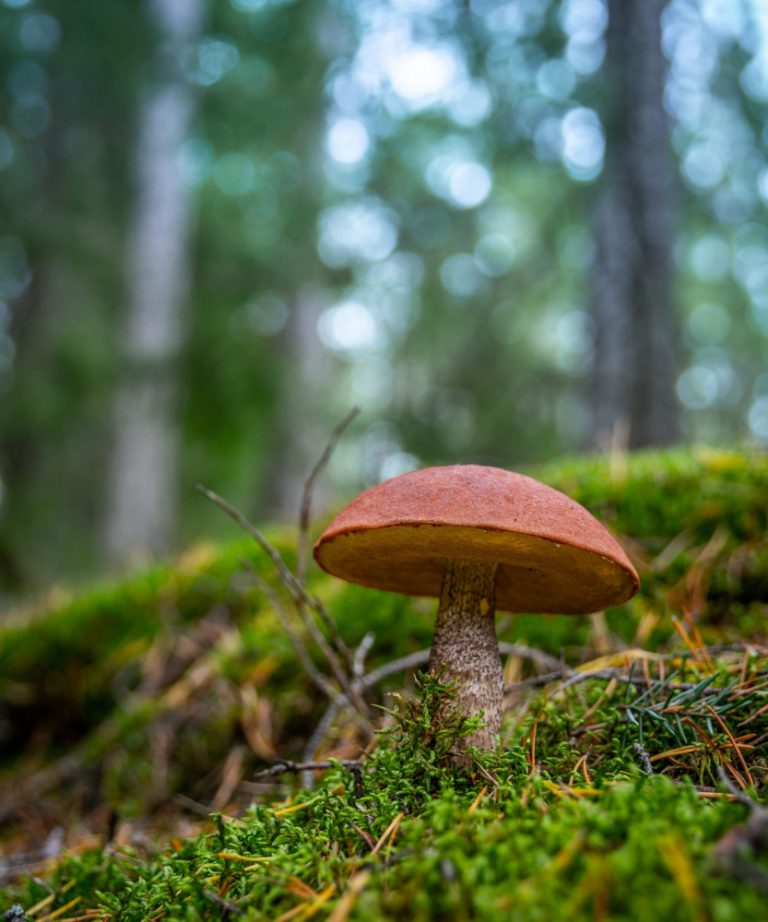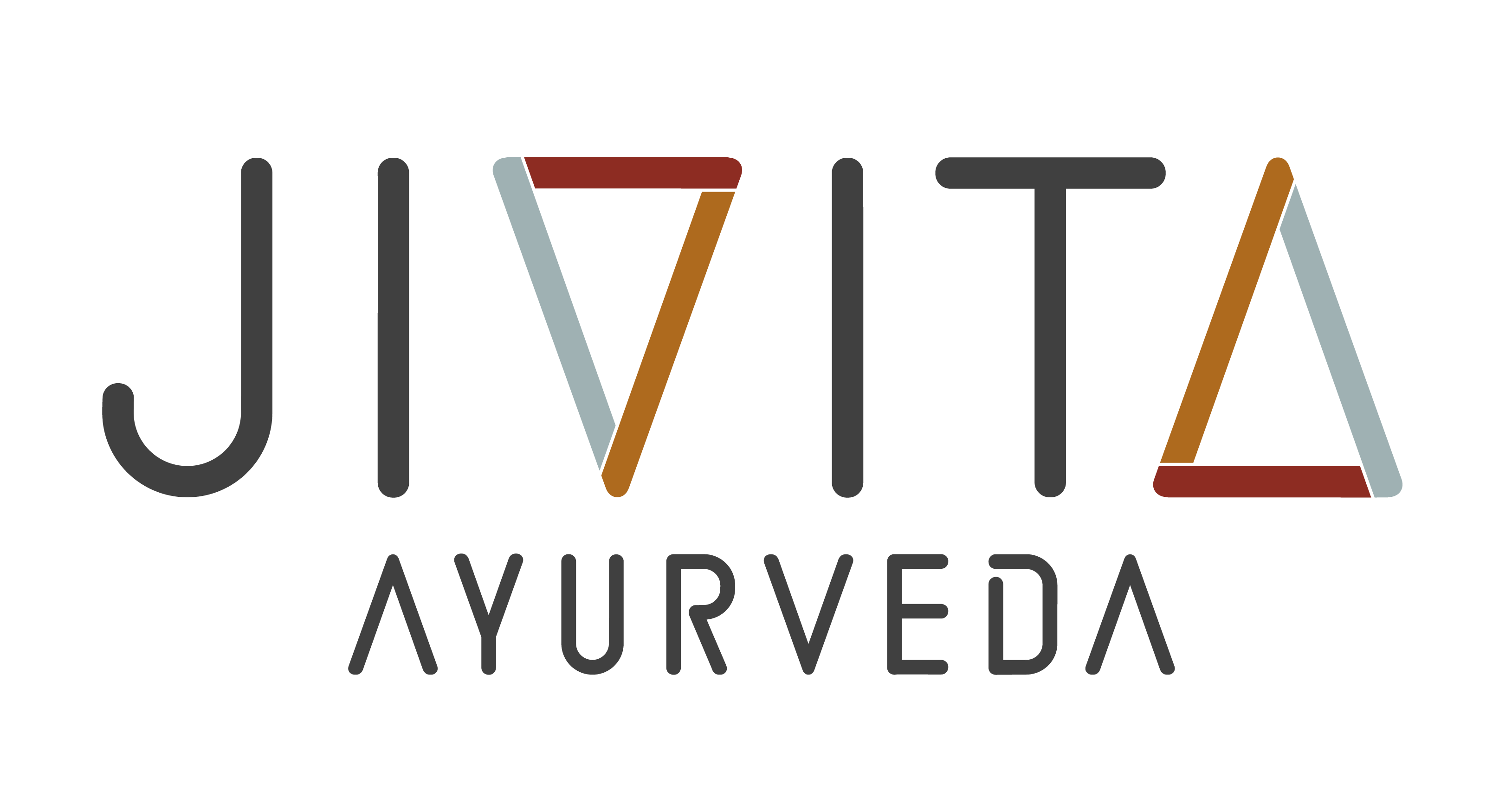Ayurveda has recognised the deep connection that exists between the brain and the gut for thousands of years. But what is the connection? The answer lies in serotonin, the “feel good” hormone.
In Ayurveda addiction is called madatya and the three different body types (vata, pitta and kapha) are all susceptible. Each body type is usually attracted to a substance or activity that will fuel its own inclinations. Vata (air) types look for uppers while kapha (earth) look for downers. Pitta (fire) types usually seek substances that affirm their status and increase their confidence.
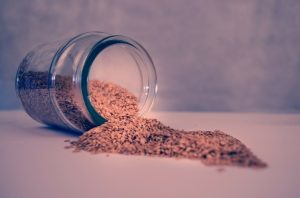 Treating addiction through Ayurveda
Treating addiction through Ayurveda
Addicts, and those working with them, know very well that creating behavioural change is challenging. Simply telling yourself to stay away from an addictive substance, whether it’s cigarettes, drugs, work or sex, most often results in a relapse. Alternatively, one addiction is substituted by another seemingly less damaging one, such as food.
However, treating mental issues through the gut is less challenging. Because of the connection between the head and gut, we can treat the gut by sorting out psychological issues and vice versa.
An amazing 95% of serotonin is produced in the gut and the production of this neurotransmitter is dependent on the wellbeing of the digestive system. The levels of serotonin are usually found to be very low in people with addictions.
Enhancing the digestive power through Ayurvedic methods will increase the chances of returning to a feeling of wellbeing and happiness without resorting to addictive substances. The better we digest, the better we feel. And the better we feel, the better decisions we make.
Ayurvedic treatment of addiction starts with the digestive system but goes far beyond. Correct diet and eating habits are complemented by herbal remedies, which have direct action on the brain, increasing its cognitive functions and minimising stress (e.g. Brahmi and Ashwagandha).
To come out of the state of dullness that addiction creates we must create distraction. It’s essential to step out of the environment where substance abuse goes on.
Complementary practices
Yoga and deep relaxation techniques are recommended during recovery but need to be carefully chosen. Whilst yoga postures are relatively safe to start with, deeper meditation practices should not be taken on board before the mind is strong enough to face what lies within. Calming breathing exercises and mindfulness practices are highly recommended from the start.
Stress-relieving therapies like massage have always defined Ayurveda in the mainstream but are only one aspect of its healing methods. By nature, relaxation is essential for the body and mind to heal. Combining methods of diet with massage creates a powerful way of self-healing; a natural way of awakening the innate need of each cell of the body to be alive and well. In stress we make wrong decisions. When relaxed the chances are that we instinctively look for things that are more conducive to health.
One important thing to remember is that there is no one cure for every addict. Each individual has their own unique features. The right diet and lifestyle choice will depend on the kind of withdrawal symptoms they have and the emotional issues that lie beneath. For example, alcohol addicts should have foods that cool the body while cocaine addicts should have warming and grounding foods, which calm down the nervous system.
I myself have lived with a heroin addict who, bless his soul, died from an overdose. Currently I am working with a bi-polar cocaine addict. In my personal opinion, and I think most of us agree, healing has to start from the addict. Once this is clear true healing can start.
Tips for recovery
- Drink plenty of warm water in sips – addicts usually suffer from dehydration
- Take appropriate herbs, according to the withdrawal symptoms
- Create a solid daily routine
- Have an easy way to distract the mind. for example, a mantra
Anu Paavola is an Ayurvedic practitioner based in London. Her treatment incorporates Ashtanga and Sivananda yoga.

